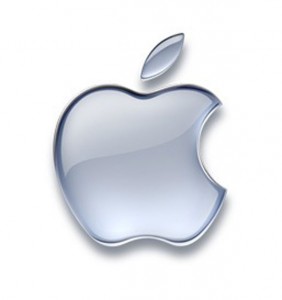 A new study from NewMediaMetrics underscores the fact that not only are African-Americans among the most brand loyal of consumers, they also have a great emotional attachment to brands.
A new study from NewMediaMetrics underscores the fact that not only are African-Americans among the most brand loyal of consumers, they also have a great emotional attachment to brands.
Why is Emotional Attachment important?
- Emotional Attachment (EA) can boost revenue (those highly attached to a brand contribute 43.7 percent more revenue to a brand)
- EA affects levels of media engagement (40 percent more viewing and intensity of viewing)
- EA affects ad-message receptivity (those highly attached to a brand are 2.5 times more likely to pay attention to an ad from that brand)
- EA sparks positive social chatter (highly attached consumers are 43 percent more likely to talk about products and services to friends and family via social channels)
- EA finds and quantifies media properties with “buying pockets” (consumers who are receptive to ads and engaged makes them three times more likely to buy the brands)

